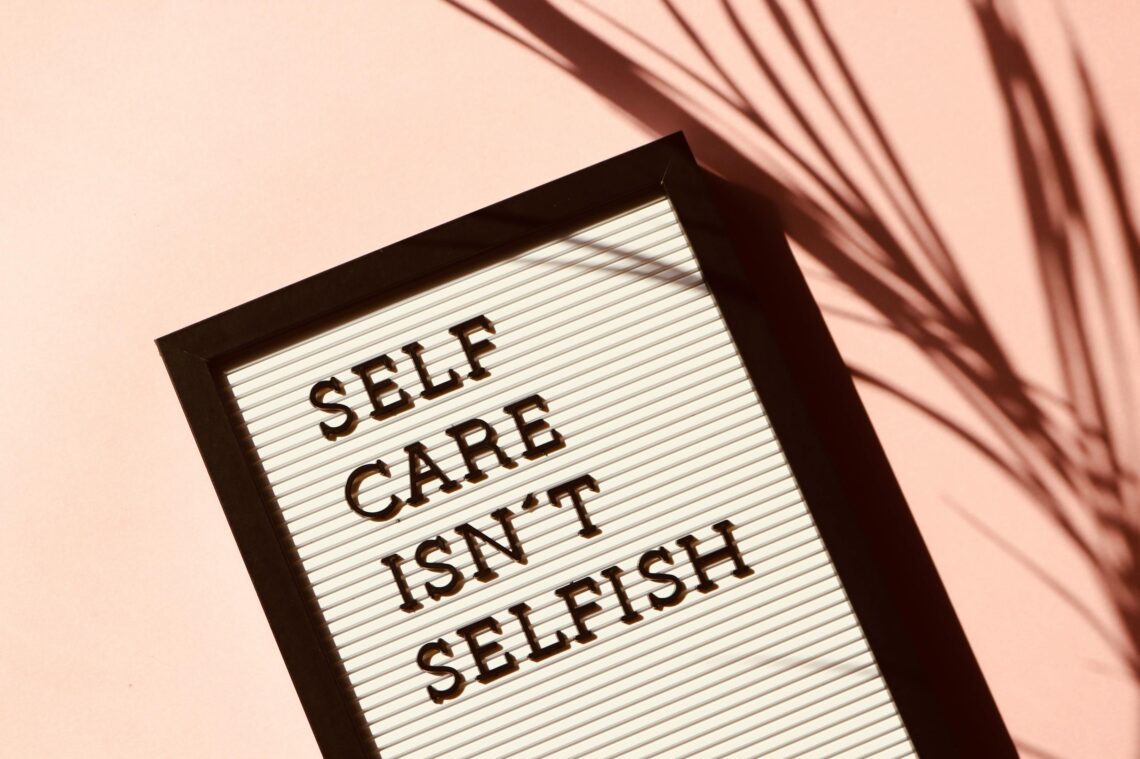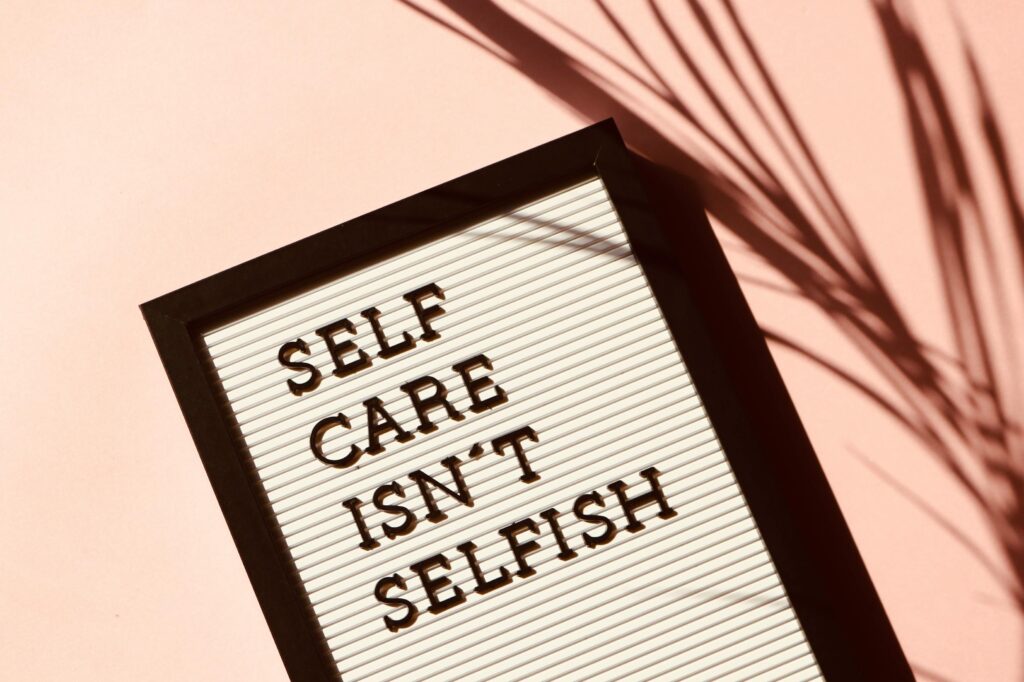
Mental Health Chats: Are Mental Health Issues Genetic?

Thursday 10 October is World Mental Health Day and for October I am dedicated all blog posts to mental health awareness. Today’s topic is: Are Mental Health Issues Genetic?
World Mental Health Day 2024
The theme for World Mental Health Day is ‘It is Time to Prioritize Mental Health in the Workplace.’ The focus is underscoring the importance of mental health in professional settings as well as promoting advocacy for mental wellbeing in the workplace.
I plan on discussing mental health days and workplace mental health advocacy next Sunday so watch this space.
Are Mental Health Issues Genetic?
I honestly don’t recall if I have shared my personal mental health challenges here on My Jamaican Vignettes. So let me start by saying that I have bipolar disorder 1 and I was diagnosed in December 2019 and for almost five years I have been seeing a psychiatrist and taking antipsychotic medication.
So are mental health issues genetic? Let’s explore what science and psychiatry tell us.
According to the US based National Health Institute:
“Scientists have long recognized that many psychiatric disorders tend to run in families, suggesting potential genetic roots. Such disorders include autism, attention deficit hyperactivity disorder (ADHD), bipolar disorder, major depression and schizophrenia.”
The article entitled ‘Common Genetic Factors Found in 5 Mental Disorders’ goes on to state that the shared symptoms across these disorders indicate that there are biological factors at play and that research into shared genetic risk factors for bipolar disorder and schizophrenia turned up limited evidence.
Nevertheless, when you go for a mental assessment one of the questions asked (at least I recall being asked) is if anyone in your close family has a mental disorder. In my case the answer was yes.
A Different Perspective
Whether science will eventually conclusively prove a genetic link or not. I felt comforted in knowing that a family member who cared for me and who I could confide in also experienced that initial shock of a mental health disorder diagnosis. I had someone who had first-hand experience that I could discuss my symptoms with, my initial challenges adjusting to medication.
Now, almost five years later, I am thriving. I am considered high functioning and I recommend to anyone struggling with manic thoughts, mood swings or depression to get professional health, seek the opinion and assessment of a psychiatrist, the quality of your life can improve, you can thrive with a mental health disorder.
Next week we discuss mental health days, are those even a thing here in Jamaica?

One Comment
Pingback: